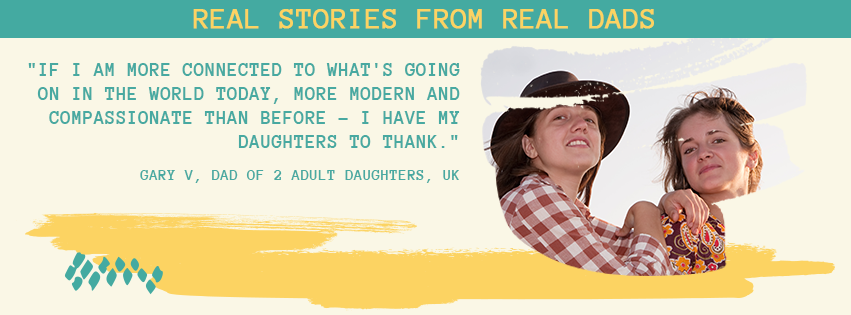
When Gary V’s daughters, Imogene, 32, and Eva, 30, were growing up, weekends and holidays were the only time they had together. As an archaeologist, a rewarding but demanding profession, his work kept him up in Corinth, several hours from Athens, where both of them went to school. While the arrangement was less than ideal for the family, his passion for working outdoors and curiosity for the natural world is something they inherited and ultimately shaped what they would go on to do with their lives.
Whenever possible, he says, they all worked together outside in his garden; both girls would listen attentively as he introduced them to the plants and how to care for them as well as the domesticated animals that lived on the property. He believes this foundation helped make them caring and empathetic people, as well as inspired the careers they chose to pursue—Imogene, erecting xeriscape (dry climate) gardens on the island of Paxoi and Eva, teaching people with special needs how to care for animals.
The time apart, coupled with the stress of his work, did not come without consequences, though, he admits. Long hours with a number of difficult, meddling colleagues meant that, unfortunately, sometimes his frustrations followed him home and ended up taken out on his daughters. He recalls one summer day when he argued with Eva about doing something besides vegging out in front of the television. Rather than simply storm out of the room, or slam the door, Eva, in an act of defiance, grabbed a nearby pair of shears and cut the cord to the television. Appalled by the sheer danger of what she’d done, not to mention the audacity, Gary also lost his temper; he grabbed the television from the stand, went over to the balcony, and flung it into their garden. “I still regret it.” he tells me.
I wish I could have been more balanced and reasonable, but I just exploded and it made a lasting impression that wasn’t easy for them to understand until they were much older.
Now, they’re able to put it into perspective, as their own reactions to pressures in life are sometimes volatile, but at the time I know it was simply scary for them, something they couldn’t relate to. As Imogene chose to make her home in Greece, Gary says he has been able to develop their relationship much more than he has been able to so far with Eva, who went to university in the UK, and chose to continue to live there. He and Imogene have been working on a project together for over ten years now, studying what happens when the plants begin to reassert themselves without further human interference in an abandoned village near Corinth. Together, they reconstruct narratives about the people who were there, how they altered the environment, and what of their additions persist after they’ve disappeared.
I have loved being able to work side by side with her doing something I am so passionate about, seeing how much it means to her too.
Gary says both Imogene and Eva continue to open his eyes about what it means to be a woman growing up in the world these days; a world, he now understands, is set up to benefit white males far more than anyone else. “Both of my daughters are socially aware and sensitive to privilege.” he tells me. “Aware of what they’re up against in trying to start their own business that most men wouldn’t even consider, as well as, of course, how lucky they are in other ways to have what they have, seeing what others don’t in instances of marginalization they witness every day.
If I am more connected to what’s going on in the world today, more modern and compassionate person than I was before—and I would like to think I am—I have them to thank for it.
